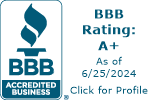Deterring Unwanted Garden Visitors
At Louis Page, we love tips that guard the time and effort we put into our gardens.
And! If you've got some leftover mesh hanging around, don't toss it! Here's a blog with ideas on how to use it.
Hardware cloth: small welded wire mesh that can be used for a variety of projects at your place of business and at home. Find it in galvanized after weld or a very long-lasting vinyl-coated finish. Stainless steel hardware cloth is even tougher and also available.





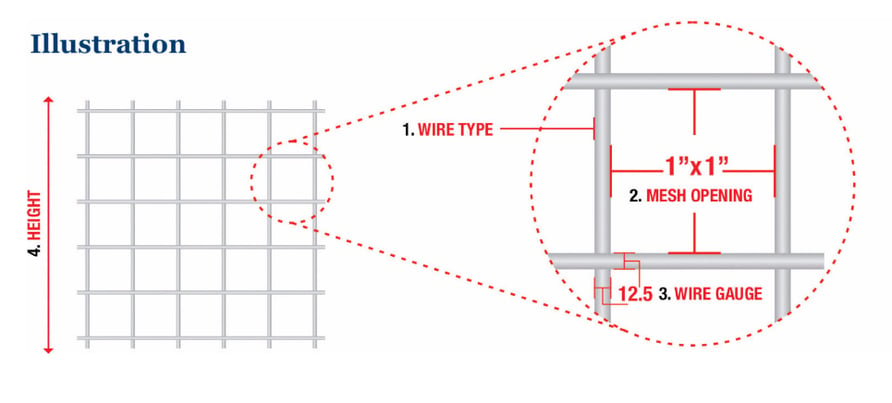


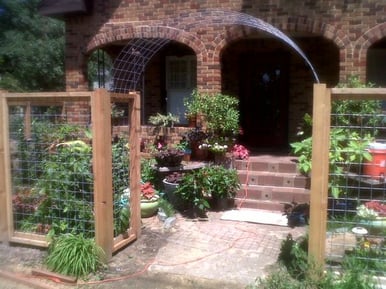
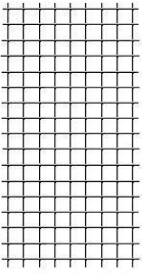
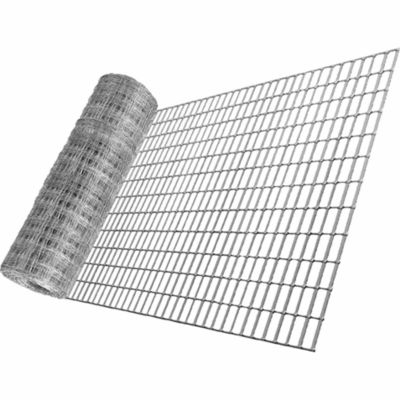
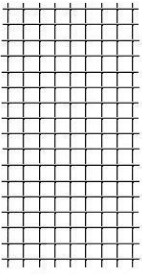
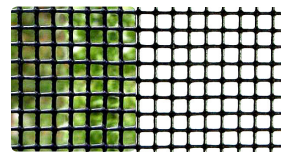
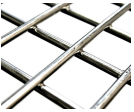
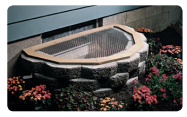
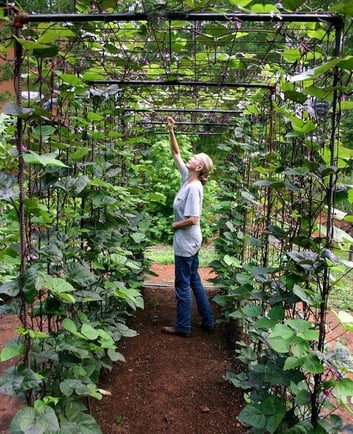
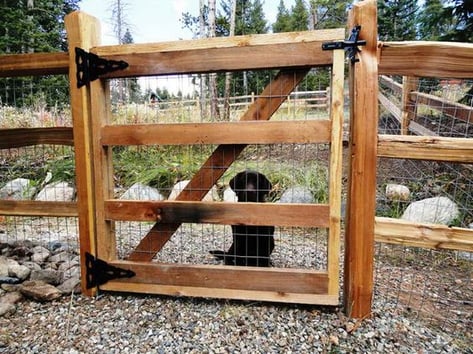
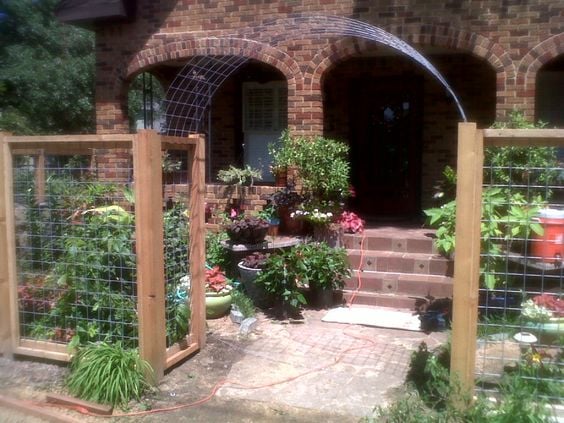
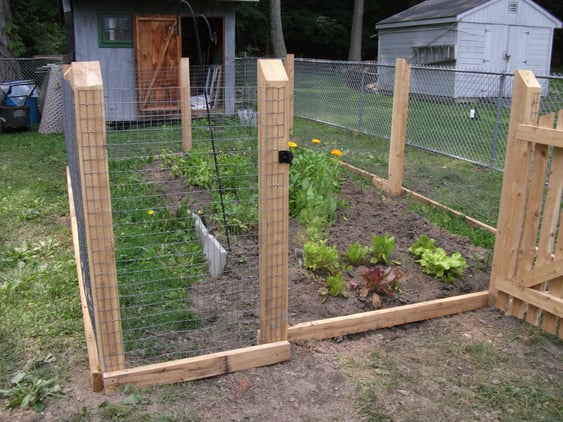

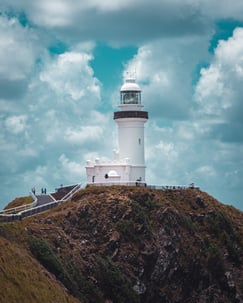
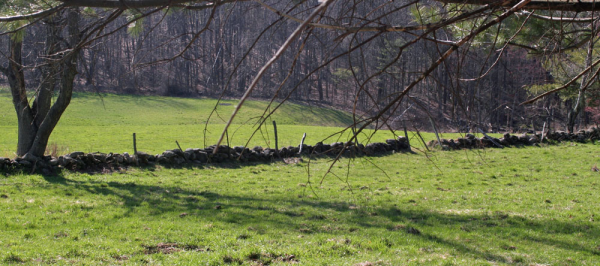
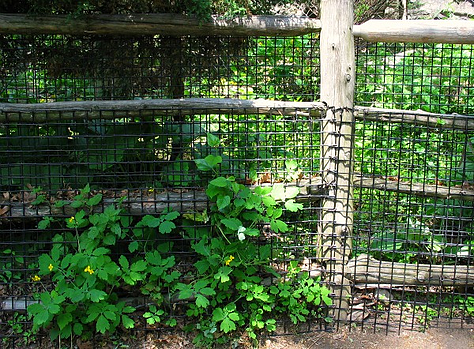
.jpeg?width=354&name=AdobeStock_207045510%20(1).jpeg)





